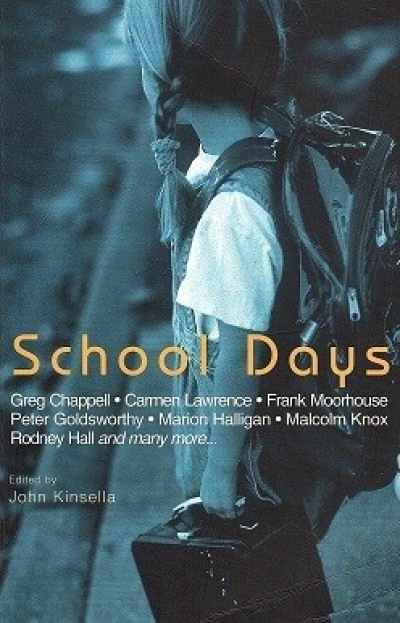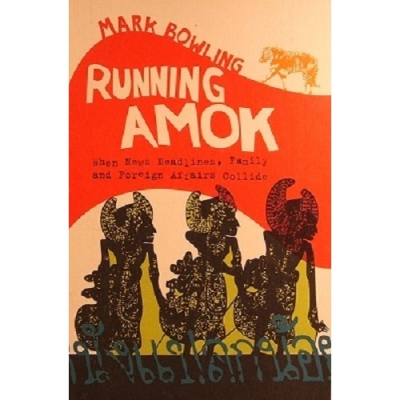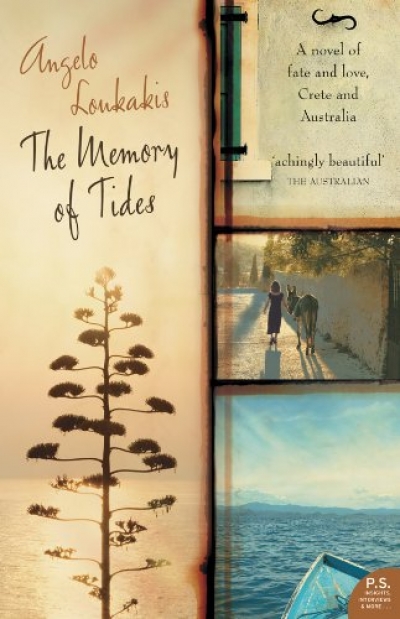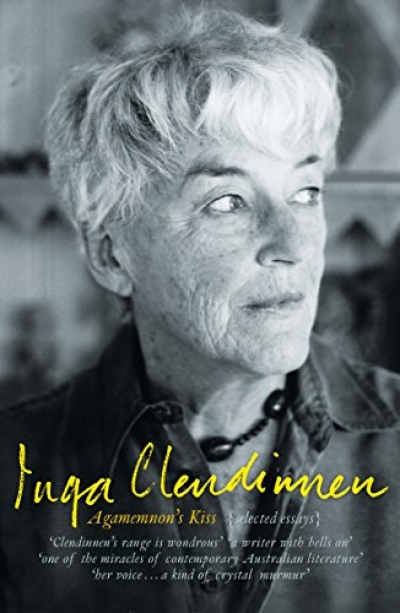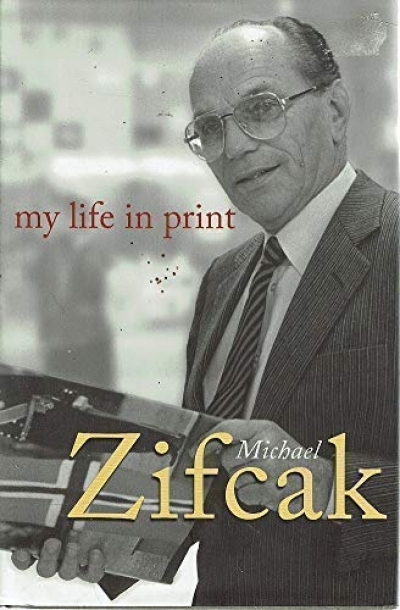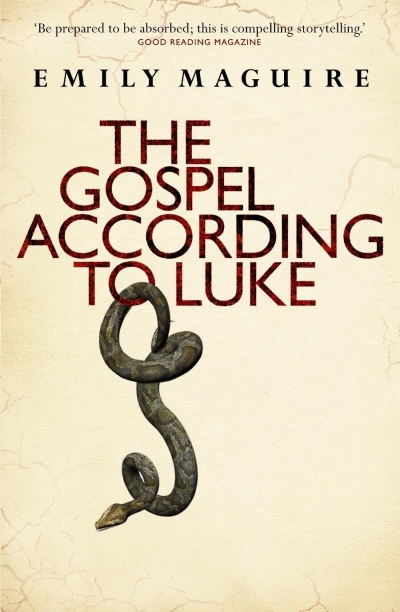Archive
Running Amok: When news deadlines, family and foreign affairs collide by Mark Bowling
An exhibition with considerable radical chic, Cook’s Pacific Encounters, currently at the National Museum of Australia, Canberra, has stimulated a series of cross-cultural debates at an international conference on the collections made by Captain James Cook and his fellow voyagers (arranged by the Centre for Cross-Cultural Research, Canberra, on July 28). Although there were several centuries of European exploration of the Pacific before the British, the importance of Cook’s voyages was unparalleled before or after. The collection on display in Canberra, primarily assembled by two German scientists, Johann Forster and his son Georg, who accompanied Cook on his second Pacific voyage, is on loan from the University of Göttingen. Like many university collections, it is well conserved and published, but rarely seen. Other parts of the Forster collection are distributed around the globe, the principal holding being at the Pitt Rivers Museum, Oxford.
... (read more)More than a recorder
Still they arrive, though slowing to a trickle in recent days – the reader surveys that we sent out with the June–July issue. We expected about fifty to eighty, only to receive more than four hundred, making this a highly representative survey of our readership. Because of the large number, it has taken longer than we ...
Behind the ‘myth’
Dear Editor,
As an unexpected child of the Depression years, I know how one working-class family coped with the economic difficulties that Geoffrey Bolton refers to in his review of David Potts’s The Myth of the Great Depression (October 2006). My father was an unskilled labourer, often out of work. His wages were supplemented by a small war-service disability pension. Some proportion of this income was handed over to my mother, who was expected to pay the mortgage, manage the household and feed five mouths (for I had two older siblings). Even with the income from occasional embroidery and dressmaking that she undertook, this was impossible. Her solution, when we sat down for dinner, was to put out five plates, leaving her own place empty. If my father asked why she was not eating, she would say she was not hungry, and would retire to the kitchen to weep or to find a piece of bread or fruit. So it was not half the population of the household that went hungry, only twenty per cent.
... (read more)
